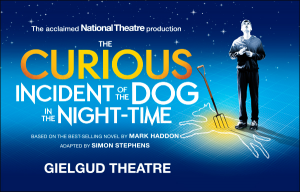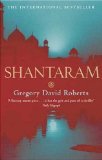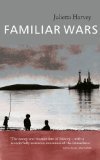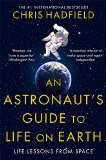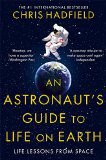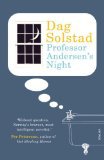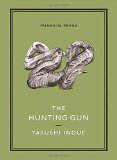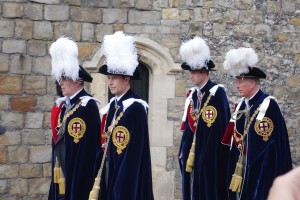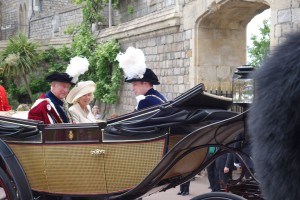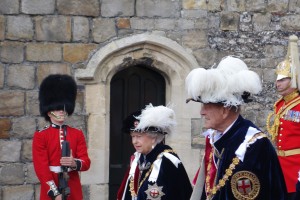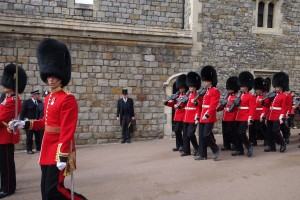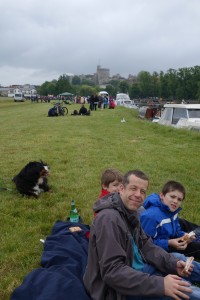Last week I was fortunate enough to be offered tickets to see a performance of The Curious Incident of the Dog in the Night-Time at the Gielgud Theatre in London. I read the book, written by Mark Haddon, shortly after its release 12 years ago and loved it; so I was looking forward to seeing how it had been adapted to the stage. It was even better than I’d hoped it might be and I thoroughly recommend that you go to see it.
The Curious Incident of the Dog in the Night-Time begins with fifteen-year-old Christopher, who has Asperger’s syndrome, discovering that his neighbour’s dog has been murdered. He decides to investigate the crime, but ends up discovering dark secrets about his own family. It held my attention throughout and made me laugh on several occasions. The play also had more serious moments and I loved the way it effortlessly switched between these darker and lighter elements.
The stage adaptation seemed to follow the plot of the book closely. Most of the dialogue was taken directly from it and playwright Simon Stephens cleverly used Christopher’s teacher Siobhan to narrate the rest. The staging was impressive and I particularly liked the cacophony of sound and light produced to show how easily everyday tasks can overwhelm those with autism. It was also wonderful to see real animals used in the production – the arrival of a puppy melted everyone’s heart!
My oldest son has Asperger’s syndrome, but he wasn’t born when I read the book so I knew I’d be watching it in a different light. I was pleasantly surprised by how accurately the play portrayed the condition, showing how noise and visual stimulation can lead to overload. It also highlighted the positives of the condition, including an honest nature and a single-minded determination to complete the task at hand. Sion Daniel Young deserves special praise for his flawless performance in the lead role. It was amazing to see someone mimic the characteristics of autism (including facial ticks and lack of eye contact) without being condescending or disrespectful.
The Curious Incident of the Dog in the Nighttime is one of the best things I’ve seen at the theatre. I think it’s even better than the book and I highly recommend watching it!

.
Tickets start from £15 and are available from the National Theatre and Guilgud Theatre Box Offices.

